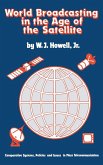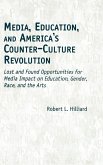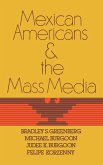The video revolution in the 1980s affected all areas of the American entertainment industry; its impact was most dramatic--ultimately devastating--to the non-theatrical film field. Non-theatrical film is the term used to describe motion pictures which are not shown in movie theaters, but are produced and/or distributed to markets that include the educational community, home, and business and industry. The author covers the early Hollywood-produced features and short subjects in a format other than 35mm for homes, hospitals and correctional institutions, as well as industrial films. This is also the history of two major non-theatrical libraries, Bell and Howell and Kodascope, both of which were founded to service the needs of purchasers of the then-newly introduced 16mm projectors. The book documents how the advent of the 16mm projector made possible the introduction of audio-visual aids in classrooms and offices. A number of production companies were established, primarily in Chicago, to produce films for this new outlet. In addition, Hollywood saw a new market and began licensing distribution of the films. Complete with appendices providing distributors from the 1920s-1940s and current names and addresses of non-theatrical film sources, this book-length study of the history of this film genre is both important and much needed.
Hinweis: Dieser Artikel kann nur an eine deutsche Lieferadresse ausgeliefert werden.
Hinweis: Dieser Artikel kann nur an eine deutsche Lieferadresse ausgeliefert werden.








